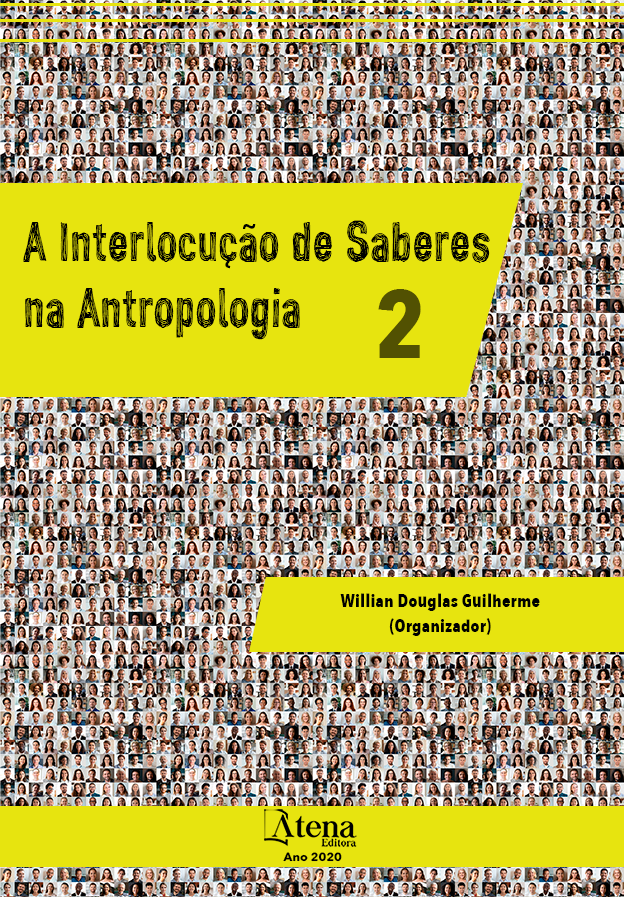
O IMPÉRIO DOS SIMULACROS E A COMIDA “FRANKENSTEIN”... TEM “GOSTO”, “CHEIRO” E “COR” DE FRUTA, MAS NÃO É FRUTA – UMA PERSPECTIVA ANTROPOLÓGICA DOS SENTIDOS DO ATO ALIMENTAR*
A contemporaneidade, em geral, é marcada pelo império dos simulacros nos hiperespaços onde a arquitetura predominantemente imagética condiciona os demais sentidos do corpo. Este trabalho analisa, por meio da perspectiva antropológica de David Le Breton e da perspectiva sociológica de Baudrillard, entre outros, a modelação sinestésica no ato alimentar através do predomínio da imagem do real atrelada aos produtos “alimentícios” criados em laboratório (comida “Frankenstein”). Tais produtos têm na sua gênese toda a simulação do real, implicando em uma modelação dos sentidos em contraposição à riqueza sinestésica desenvolvida no contexto histórico-social das comunidades locais em suas práticas alimentares. Assim, diante de um produto “alimentício” que tem o “gosto”, o “cheiro”, o “sabor” e a imagem de fruta, observa-se que a imagem por si só outorga para a totalidade do produto o status de real. Dessa forma, o consumidor introjeta o gosto real da fruta a partir de uma miragem do real, embora a palatabilidade do produto seja contrastante à da fruta in natura. Tal discussão abarca, também, a escola (políticas públicas, currículo, práticas pedagógicas etc.) como um possível espaço para a promoção da saúde no âmbito das práticas alimentares que fortaleçam as identidades culturais e os saberes locais.
O IMPÉRIO DOS SIMULACROS E A COMIDA “FRANKENSTEIN”... TEM “GOSTO”, “CHEIRO” E “COR” DE FRUTA, MAS NÃO É FRUTA – UMA PERSPECTIVA ANTROPOLÓGICA DOS SENTIDOS DO ATO ALIMENTAR*
-
DOI: 10.22533/at.ed.75020110914
-
Palavras-chave: simulacros, produtos “alimentícios”, ato alimentar
-
Keywords: simulacra, food products, feeding act
-
Abstract:
Contemporaneity is generally marked by the empire of the simulacra at the hyperspaces where the predominantly imagistic architecture conditions the other body senses. This paper analyzes, under the anthropological perspective of David Le Breton and the sociological perspective of Baudrillard, the synesthetic modeling at the feeding act through the prevalence of the image of the real attached to lab-developed (“Frankenstein” food). Such products have in their genesis all the simulation of the real that implies a modeling of the senses in contraposition to the synesthetic richness developed in the historical and social context of local communities and their feeding habits. Therefore, facing a product that has the “taste”, the “smell”, the “flavor” and the image of the fruit, one sees that the image by itself grants to the entirety of the product the status of the real. Hence, the consumer introjects the real taste of the fruit from a mirage of the real, although the product’s palatability is in contrast with the palatability of the in natura fruit. Such discussions include also the school (public policies, curriculum, pedagogical practices etc.) as a likely space for the promotion of health in the context of feeding practices that may strengthen the cultural identities and the local wisdom.
-
Número de páginas: 25
- Sophia Sartini Fernandes de Oliveira


